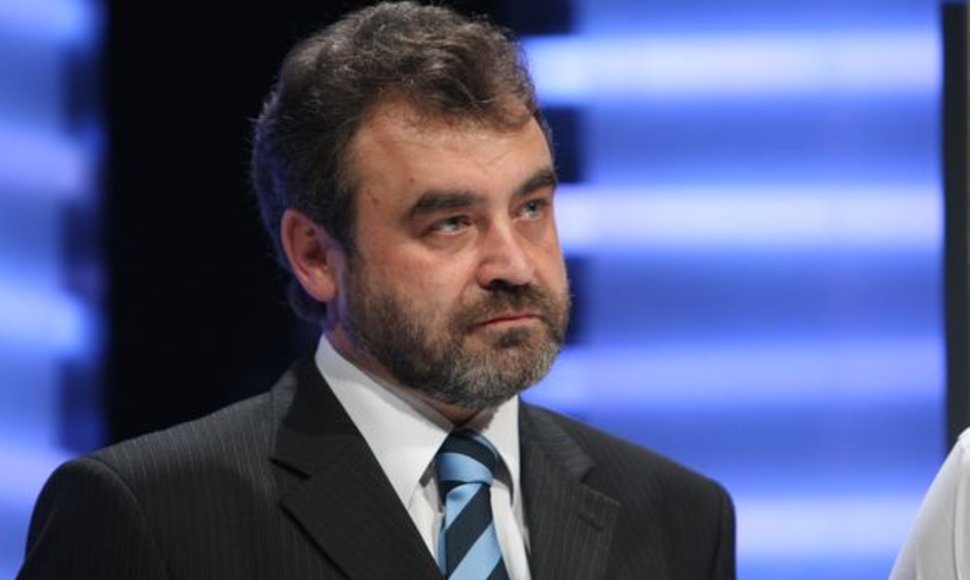"In my opinion, we need to amend the Constitution (…) after systematic revision of a number of provisions of the Constitution," Kūris said at the Friday's discussion on the euro crisis.
In his words, the highest number of questions is raised in connection to the provisions that regulate budget processes and taxes. Kuris said it would be useful to ask for the Constitutional Court's explanations in advance.
"I fear that that someone may stand up and say that 'we do not need to change the Constitution, we'll amend a few laws and maybe adopt some new Constitutional laws.' We have to amend the Constitution, if we have any respect for it," the lawyer said at a discussion at the Foreign Ministry on Friday.
Next week, leaders of Lithuania and 24 other countries of the European Union (EU) plan to sign the treaty, which requires that members meet the obligations related to the size of budget deficit. For this purpose, the treaty is to envisage sanctions for countries that violate the requirements. The treaty should also expand the functions of the EU Court of Justice.
In addition to the fiscal discipline provisions, the treaty stipulates closer economic cooperation.
Kūris said he still had doubts about the status of the new agreement and the provision that the treaty, that Great Britain and the Czech Republic alone refuse to sign, would be transferred to the EU law within five years.
"I do not know whether it is an international treaty and I do not really know the status of the document," he added.
"We are faced with a high degree of legal uncertainty," Kūris noted.
Before its accession to the eurozone, Lithuania will probably not have assume all of the obligations prescribed in the new document.
Lithuania is considering the possibility of not undertaking the obligations entailed in the so-called partnership programs and new norms for countries that have the budget surplus procedures started against them.
Lithuania's administration also has doubts about the provisions on fines introduced by the Court of Justice, as the fines would be paid to the European stability mechanism, which exists among members of the eurozone.
Furthermore, Vilnius questions the provisions of reinforced cooperation. Lithuania's Ambassador to the EU Raimondas Karoblis has told BNS that current spheres of stepped-up cooperation includes competitiveness, employment and social issues, fiscal discipline and stability of financial institutions. In his words, Germany and some other states want to include an additional sphere of increased coordination in the field of taxation which might not be beneficial for Lithuania.












